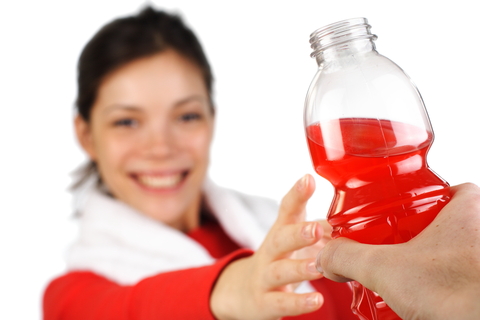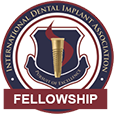Energy and Sports Drinks Eat Away at Teeth, Study Says
August 7th, 2024

Sports and energy drinks cause irreversible damage to the teeth of teens and young adults. A recent study published in General Dentistry states that energy and sports drinks contain so much acid that they begin destroying teeth after only five days of consistent use. According to the Academy of General Dentistry, an estimated 30 percent to 50 percent of U.S. teenagers consume energy drinks and as many as 62 percent consume at least one sports drink per day. The high acidity levels in the drinks erode tooth enamel and the result is irreversible damage.
Dr. DeCasperis and our team at Dr. Steven DeCasperis, DMD encourage our patients to limit their intake of sports drinks. The enamel erosion ultimately makes teeth more susceptible to bacteria and that can lead to hypersensitivity, staining, and tooth decay. If you do consume an energy or sports drink, make sure to wait at least 45 minutes until you brush, as consumption of acidic drinks causes tooth enamel to soften, making teeth more vulnerable to wear from the abrasives found in toothpaste.
Tooth decay is the most common chronic childhood disease, five times more common than asthma. It’s also preventable with proper care. Dr. DeCasperis and our team can help identify early signs of erosion and offer solutions on how to prevent further damage and more serious problems from occurring.









